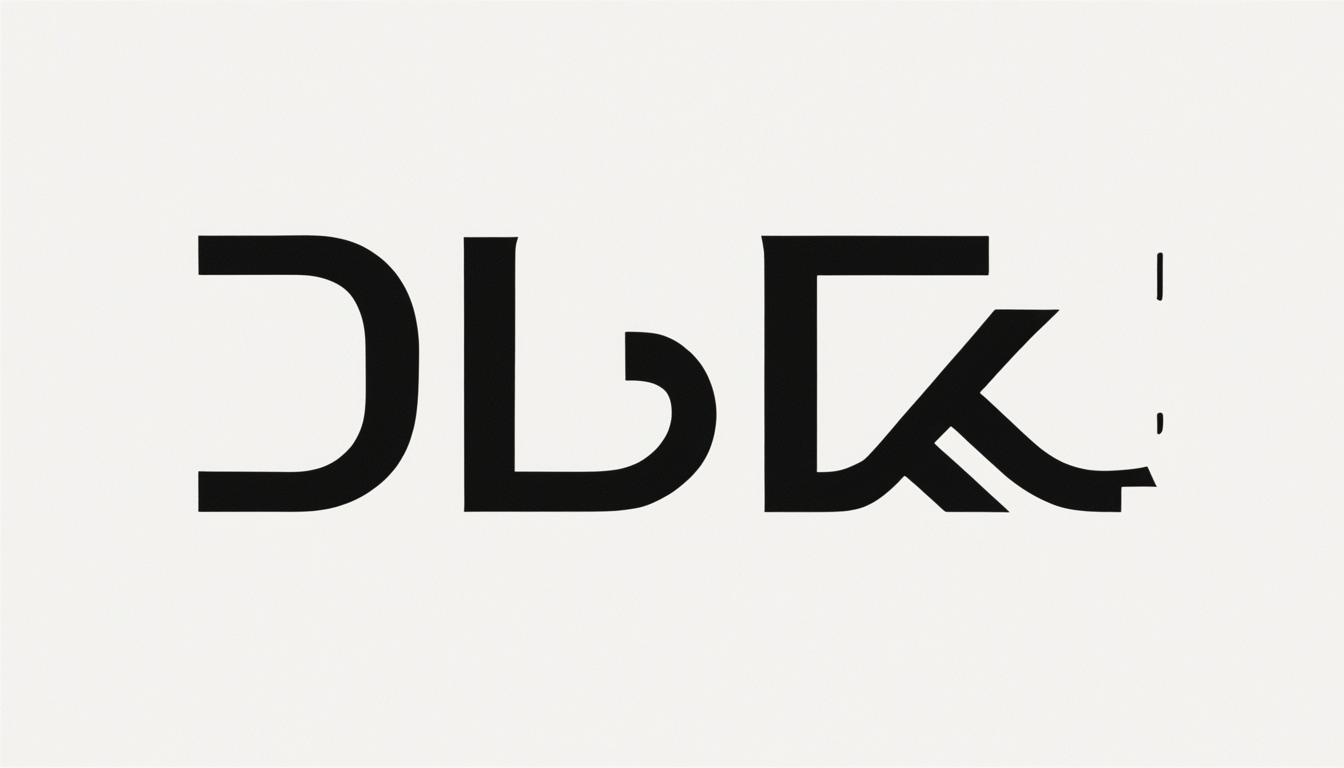In the Japanese language, there are multiple ways to express the word “OK” or “okay.” These variations depend on the context and can convey different meanings. Let’s explore the different translations and usage of “OK” in Japanese.
Common Ways to Say Okay in Japanese
When it comes to expressing “okay” in Japanese, there are several common phrases and words that you can use in different situations. Let’s explore some of them:
| Phrase/Word | Meaning |
|---|---|
| Daijoubu desu | It’s okay/I’m okay |
| Wakarimashita | I understand |
| Okke | Alright |
| Ii desu | That’s fine/good |
| Yoshi | Okay/good |
| Kashikomarimashita | Understood |
| Shouchi shimashita | Approved/acknowledged |
| Ryoukai shimashita | Noted |
These phrases and words allow you to convey agreement, understanding, or acceptance in various contexts. Whether you want to say “it’s okay” or simply show your understanding, these expressions will come in handy.
By using these common phrases and words, you can effectively communicate that everything is fine or that you understand a given situation. Incorporate them into your Japanese conversations to convey your agreement, acceptance, or comprehension.
Can “Hai” Mean OK in Japanese?
Yes, you can use “hai” (はい) to say “OK” in Japanese. “Hai” is usually understood as an affirmative word and can also mean “yes” or “I understand” when used in conjunction with other phrases, such as “wakarimashita” or “daijoubu desu.” It is a versatile word that can convey agreement or acknowledgment.
If someone asks if you are ready to go and you want to respond with a simple “OK,” you can simply say “Hai” to indicate your understanding and agreement. It is a common and widely used term in everyday conversations in Japan.

For example, if someone asks if you are available to meet for lunch and you want to respond with “OK,” you can say “Hai, daijoubu desu” to indicate your agreement and that you are okay with the lunch meeting.
It’s important to note that the level of formality and politeness can vary depending on the context and the relationship between the speaker and the listener. In more formal settings or when speaking to someone of higher status, it is common to use more polite language, such as “wakarimashita” or “douzo yoroshiku” instead of a simple “Hai.”
| Japanese Word or Phrase | Meaning |
|---|---|
| はい (hai) | “Yes,” “OK,” “I understand” |
| わかりました (wakarimashita) | “I understood,” “Got it” |
| 大丈夫です (daijoubu desu) | “It’s okay,” “I’m fine” |
| いいです (ii desu) | “It’s good,” “That’s fine” |
| よし (yoshi) | “Alright,” “Okay” |
| 了解しました (ryoukai shimashita) | “I understand,” “Roger that” |
These are some examples of phrases that can convey the meaning of “OK” in Japanese. Depending on the situation, you can choose the most appropriate phrase to express your agreement or acknowledgment.
Japanese Slang for “Okay”
In Japanese slang, there are informal ways to say “okay”. These expressions are commonly used in casual conversations and online communication. Let’s explore two popular slang terms:
おk (OK)
The first slang term is おk (OK). It is a simplified version of the English word “OK” and is often used to indicate agreement or approval. You might come across this term in text messages, social media posts, or online chats.
ri
The second slang term is ri. This term is derived from the English word “ok” and has become popular in Japanese online gaming communities. It is commonly used to signify agreement or acceptance in gameplay discussions and interactions.
While these slang terms may not be appropriate in formal settings, they are widely understood and used among younger generations and online communities in Japan.
| Slang Term | Meaning | Usage Example |
|---|---|---|
| おk (OK) | Agreement, approval | “Are you coming to the party tonight?” – “おk (OK), I’ll be there!” |
| ri | Acceptance, agreement | “Let’s team up for the next game.” – “ri, sounds good!” |
Other Words That Can Mean “Okay”
While “okay” has direct translations in Japanese, there are other words that can convey a similar meaning. These words provide alternative ways to express agreement or acceptance in different contexts.
One such word is まあまあ (maamaa), which can mean “okay” or “so-so.” It signifies a moderate level of satisfaction or approval. For example, if someone asks you how your day was, you can respond with “まあまあ” to indicate that it was just okay.
Another word that can convey a similar meaning is けっこうです (kekkou desu). This phrase can be translated as “that’s fine” or “that’s enough.” It implies that the current situation or outcome is satisfactory and does not require any further action or improvement.
上手くいく (umaku iku) is a phrase that can be used to express “okay” in terms of things going well or smoothly. It conveys the idea that something is progressing or working out in a favorable manner. The phrase can be modified with different endings, such as “よ” (yo) for a casual tone or “さ” (sa) for a more formal tone, depending on the situation.
The Cultural Significance of “Daijoubu” in Japanese Language
The word “daijoubu” holds great cultural significance in the Japanese language. It is not just a simple translation for “okay” or “all right,” but rather a reflection of the importance of context and how language perpetuates culture.
“Daijoubu” is a versatile word that can be used in various situations to express different meanings. It can be a way to ask if someone is okay or to assure them that things are fine. It can also signify acceptance or agreement. The nuance of “daijoubu” depends on the context and the relationship between the speaker and listener.
Understanding the cultural and linguistic complexities of “daijoubu” provides valuable insights into the communication styles and cultural values of the Japanese people. It highlights the emphasis on harmony, empathy, and maintaining social relationships.

